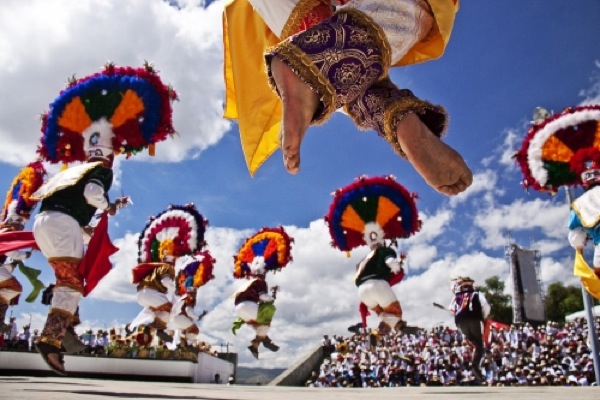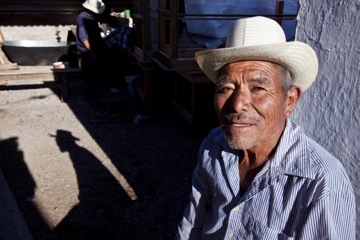
Photos: Fotos Oaxaca
PocketCultures aims to “put the world in your pocket.” The site features blogs and articles from writers around the world and attempts to provide readers with a palpable, unique sense of local places and cultures. Its writers are diverse, coming from Thailand, Costa Rica, Germany, and Britain, among other countries.



